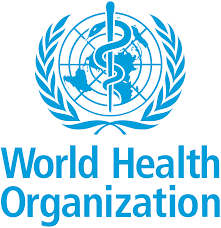A recent World Health Organization (WHO) warning that the number of diabetes patients in Africa could reach an alarming 54 million by 2045 has sent shockwaves through the continent. There are currently 24 million persons with the illness; this frightening estimate is a 129% rise.
What, then, is generating this sharp increase? A variety of issues are cited by experts, such as shifting lifestyles, poor diets, inactivity, and restricted access to medical treatment. People are becoming more sedentary and eating processed foods, which are significant risk factors for diabetes, as urbanization rises.
The fact that diabetes frequently goes undetected makes the situation especially worrisome. Before consequences like renal failure, eye loss, or heart disease appear, many people are unaware that they have the condition. A ticking time bomb for public health in Africa is being created by a lack of awareness and a lackluster healthcare system.
However, there is still hope. Governments, health agencies, and individuals are being urged by the WHO to take immediate action. The key is prevention. The chance of acquiring diabetes can be considerably decreased by making simple lifestyle changes including eating a balanced diet, exercising frequently, and getting regular checkups.
Africa needs to take note of this. Making better decisions and supporting more robust healthcare laws are the first steps in the fight against diabetes. By working together, we can change the course of history and prevent diabetes from sweeping the continent.























































